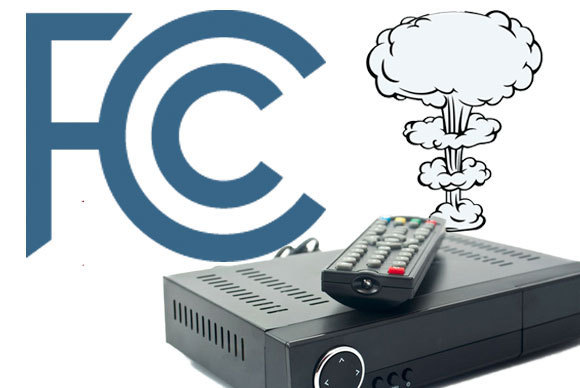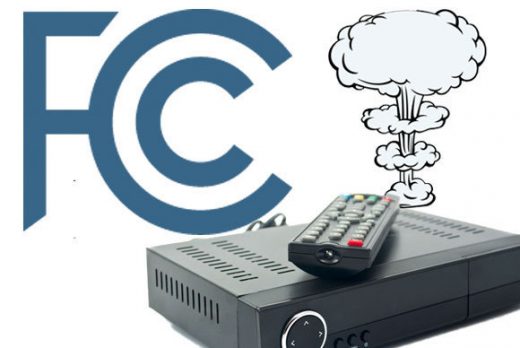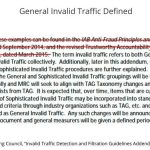Google Urges FCC To Unlock Cable Boxes, Says New Privacy Laws Not Needed
by Wendy Davis, , Staff Writer @wendyndavis, April 26, 2016

Google is striking back at accusations that its set-top-box ambitions threaten people’s privacy.
“Providing consumers new ways to discover and choose content likewise should not erode the important data protection and privacy safeguards that consumers demand,” Google says in a Federal Communications Commission filing. “The devices and applications that consumers use to access content are subject to robust privacy laws at the federal and state levels, and consumers have access to privacy policies that inform them about how their personally identifiable information will be used.”
The company’s comments come in response to the FCC’s proposal to “unlock” set-top boxes, enabling Google and other non-cable companies to develop boxes that can access pay-TV programs. Google has advocated for the plan since at least last October, but is hardly the only supporter: The White House and consumer groups also say the proposal will benefit viewers by giving them new, potentially cheaper options for accessing pay-TV. Currently, consumers pay an average of $231 a year to rent a set-top box from a cable or satellite company.
Currently, cable and satellite providers that offer set-top boxes are subject to privacy rules. But the Communications Act doesn’t empower the FCC to impose those same rules on other types of companies. For that reason, the cable industry argues that the FCC’s unlocking proposal will enable “privacy scofflaws like Google” to collect more data about people.
But FCC Chairman Tom Wheeler has come up with a workaround that he says will protect consumers’ privacy: He wants to require Google (and other would-be set-top box makers) to certify that they will follow the same privacy rules as cable and satellite providers.
The Federal Trade Commission recently said the FCC should go even further and require app and device makers to publicly promise to follow the same privacy standards as cable and satellite providers.
For its part, Google says no new privacy laws are needed, given that the government already has the ability to bring cases against companies that violate privacy policies.
“Federal and state authorities, as well as private litigants, will ensure that providers of new navigation devices will be required to honor the commitments they make in their privacy policies,” Google writes.
That statement, however, doesn’t seem especially useful without knowing what Google intends to promise in its privacy policy.
Privacy advocate Jeffrey Chester, executive director of the Center for Digital Democracy, characterized Google’s position as ” nothing short of a new digital data power grab.”
He added in an email: “The FCC should reject this self-serving call for it to do nothing. It should adopt rules that require Google to actually take consumer privacy seriously.”
MediaPost.com: Search Marketing Daily
(40)














